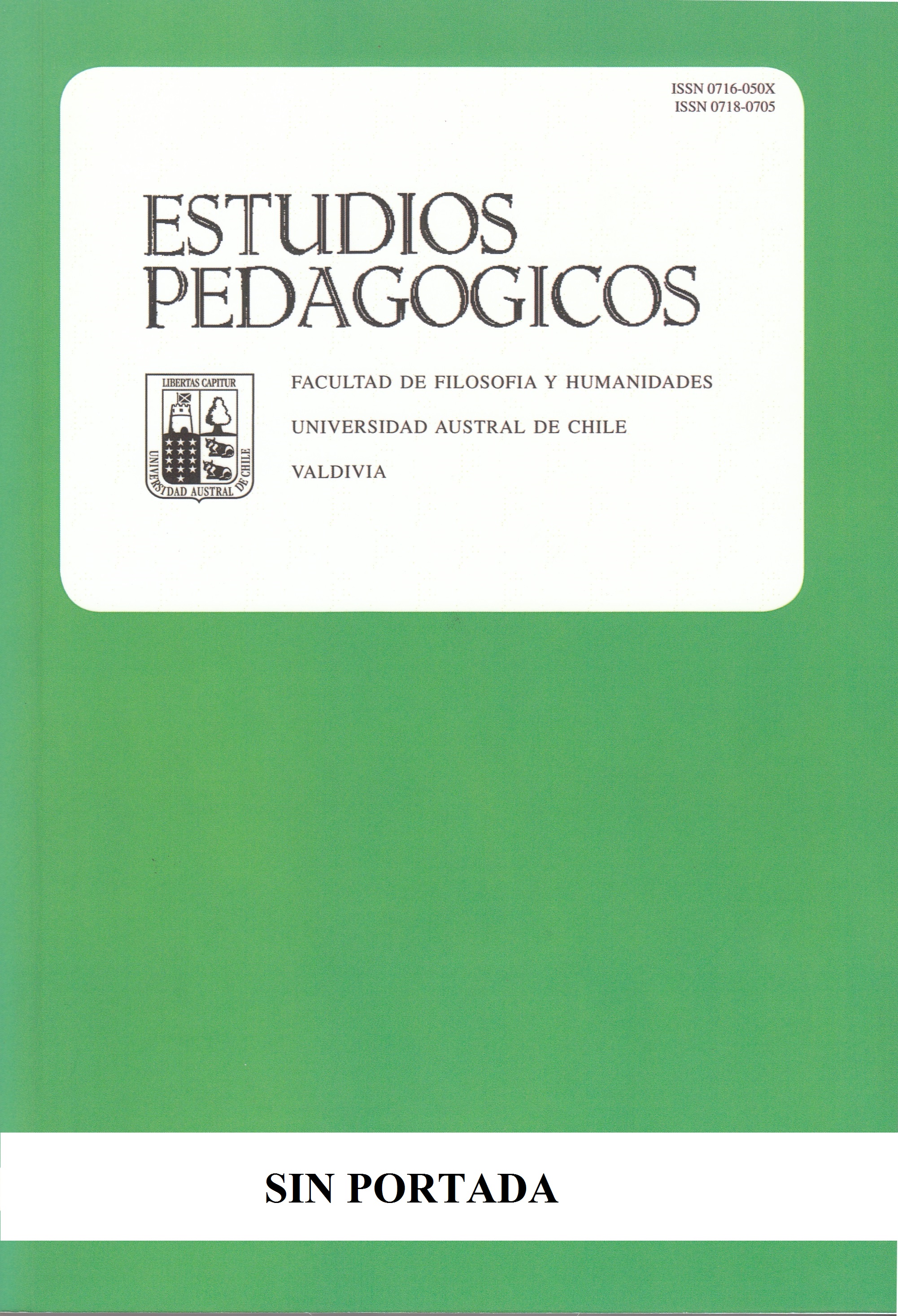Effects of UDEC Talent Program on Cognitive and Socio-emotional Development of their Participants
Main Article Content
Abstract
This paper focuses on demonstrating the impact of the UdeC Talent Program on cognitive and socioemotional development of at least three-year group of participant students. To this goal, there were compared development indicators of 73 students (38 treatments versus 37 controls), in 2004. In 2010, vocabulary, reading comprehension, ability for solving math problems, and academic outcomes (grades overall average at high-school (NEM), and the standardized testing battery for accessing to University, (PSU), were considered as cognitive indicators. Five tests were applied to evaluate the socioemotional development (personal motivation, social adjusting, social responsibility, prosocial behavior, and an overall social behavior scale). By applying discontinuity regression modeling, significant differences were found in favor of the Program participants (treatments), in almost all the cognitive indicators. However, there were no significant differences in socioemotional development among treatment students. The main conclusion is that the Talent Project is more efficient and stronger in the cognitive area.

